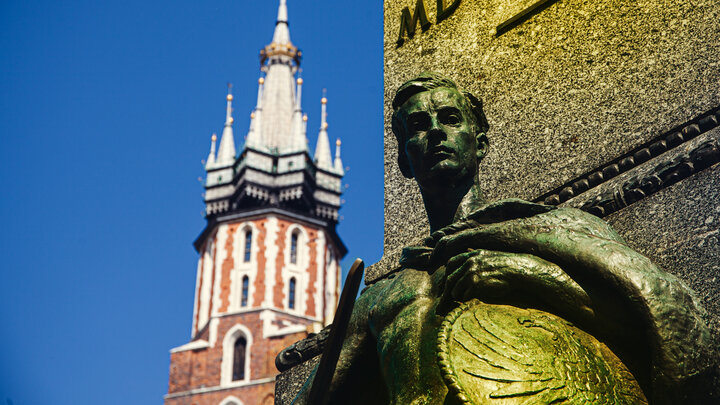The AGH University Doctoral School was established by the AGH University Rector's Order of May 15, 2019.
The Doctoral School guarantees a creative and interdisciplinary approach to research and a flexible programme, allowing every candidate to select courses tailored to their needs.
Krakow School of Interdisciplinary PhD Studies (KISD) was established on the initiative of the institutes of the Polish Academy of Sciences and two faculties of the AGH University of Krakow.

